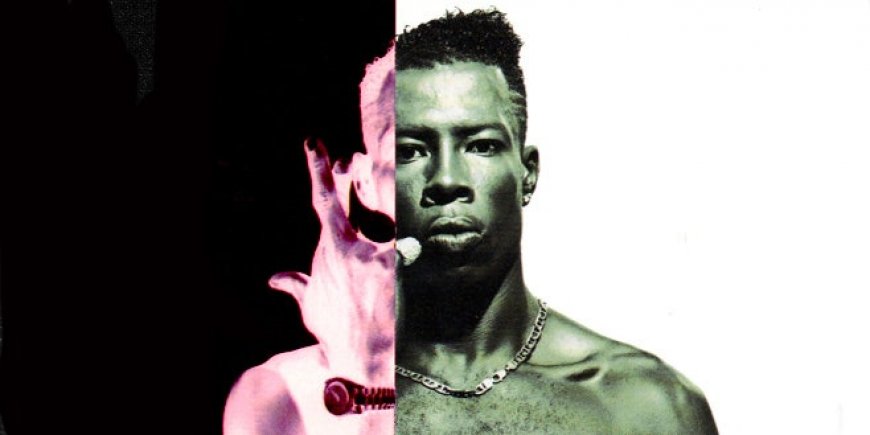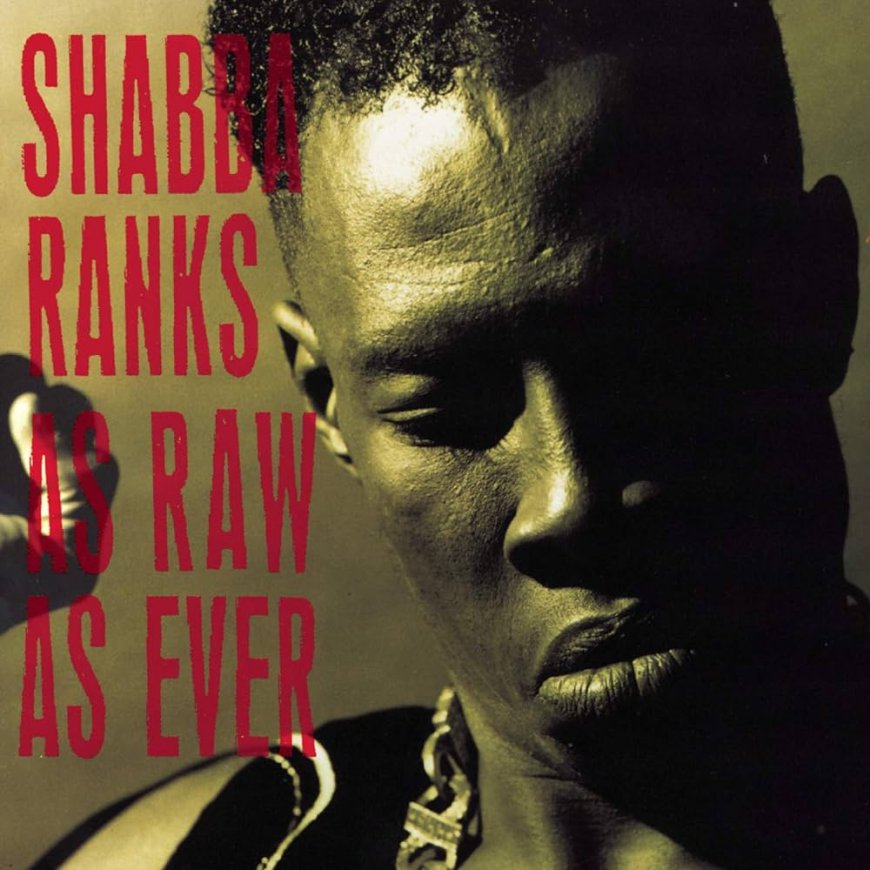Shabba Ranks As Raw As Ever Celebrates 32nd Anniversary of Gold Status In The US

Dancehall history was cemented 32 years ago when Shabba Ranks' groundbreaking album, "As Raw As Ever," achieved Gold status in the United States. Selling a staggering 500,000 copies, as recognized by the Recording Industry Association of America (RIAA), this album wasn't just a commercial success; it was a cultural moment that catapulted dancehall from Jamaica's streets to the global stage.
Raw and Real: A Paradigm Shift in Reggae
Prior to "As Raw As Ever," reggae music, while influential, often adhered to a smoother, more traditional sound. Shabba Ranks, however, injected a raw, energetic edge into the genre. His lyrical wordplay, brimming with streetwise swagger and unapologetically explicit messages, resonated deeply with a generation yearning for authenticity in their music. Tracks like "Trailer Load a Girls," "Gun Pon Me," and "Woman Tangle" became instant anthems, capturing the vibrant pulse of Jamaican dancehall culture.
Breaking Barriers and Building Bridges
"As Raw As Ever" wasn't just a local phenomenon; it crossed borders and sparked conversations. Shabba's collaborations with American hip-hop artists like KRS-One and Maxi Priest on the album brought reggae and hip-hop closer, paving the way for future cross-genre collaborations. His energetic live performances, fueled by his electrifying stage presence, captivated audiences worldwide, introducing dancehall to a broader, mainstream audience.

The impact of "As Raw As Ever" resonates far beyond its sales figures. The album's rawness and lyrical dexterity inspired countless future dancehall artists, from Beenie Man and Sean Paul to Spice and Lady Saw. Its influence extends beyond music, shaping Jamaican street fashion and influencing a generation's cultural vocabulary.
Thirty-two years later, "As Raw As Ever" remains a landmark album. It's a testament to Shabba Ranks' artistic vision, a celebration of dancehall's cultural significance, and a reminder that sometimes, the rawest voices resonate the loudest.








